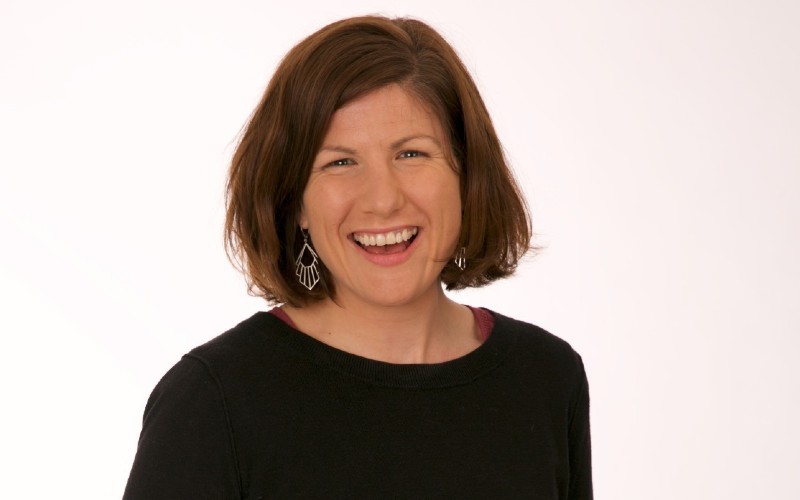You’re an entrepreneur with a problem to solve – but do you really understand how to execute?
If you don’t have a technical co-founder, you may need to learn some hard lessons before you make a success of your product.
Lara Gilman was an experienced FinTech operator helping to drive adoption of mobile money in emerging markets, including the market-leading M-PESA in Kenya. She witnessed the potential of smartphones to make money transfers in countries where many people remain ‘unbanked’.
After identifying a niche, she decided to strike out as an entrepreneur.
“One of the problems we landed on was international remittance: there’s a huge economic spread of people who migrate, and especially when you start getting into lower-income groups, their families back home are very dependent on their income,” Gilman tells our Demystifying Tech podcast.
“At the time it was hard to send low-value remittances [as the cost to do so was prohibitive]. So the idea was to marry up the innovation happening in payment stacks with this tangible problem of how to enable low-value remittances in an international context.”
Her startup Yooz initially targeted remittances between the UK and India, but they were unable to get it truly off the ground and it ultimately had to close down.
“We had a great idea and actually had a lot of the execution down – but one of the things that I certainly didn’t have in my skillset was: how do you actually build a tech product?
“I was really strong on thinking about the customer proposition; we had a lot of experience of working in mobile money; we were strong on distribution… but neither of us was a technical co-founder.
“So when we worked with developers, there was a real gap in our knowledge of how we think about building those building blocks.”
Gilman is now co-lead at iwocaPay, a fast-growing B2B payments product which has been built within business loans platform iwoca, star of our FinTech 50 ranking last year.
FinTech 50 – UK’s most innovative financial tech creators for 2023
She now understands how to work with tech teams to build a successful product, but that was not the case at Yooz. “I was really frustrated with the developers. Things were not quite right with the product,” she explains.
“I was [then] fortunate enough to have the guidance of a CTO, who gave me a hard truth – probably a little too late! – when he said: ‘It’s because you don’t get it’. I was like: ‘What do you mean? I know exactly what I want: here’s my spec, here’s my wireframe.’
“He gave me a really excellent analogy. He said: ‘You’re telling the developers: here’s my end product – go and build it. You’re basically saying: I want those chairs in a room.
“What you’re not giving any sensitivity or thought or context around is: where are the chairs now? How big are those chairs? Do the chairs have to move down the hall once? Do you need to move the chairs lots of times? Are the doors locked? Do you want them to be locked? What size of people are going to be using these chairs?
“These are decisions that you don’t care about – but they are required to make them [on your behalf] in some way, shape, or form. You’re frustrated that they’ve been forced to make decisions along the way that you haven’t worked with them on or given them any guidance over – or even been aware they’ve had to make them.
“I remember thinking: ‘If that was the problem, and I’d dug into it properly, I would have said that we don’t even need chairs at all!’
“You need to be super precise on the problem you’re actually trying to solve, and the thing you actually need and why you need it – and work with them on how that solution looks.”
In the podcast, Gilman discusses her approach to building iwocaPay, from two people and borrowed talent to a team of 27; optimal ways for teams to work together; her use of design sprints; and summarises her tips for building a tech product from scratch.
On the need for open lines of communication with tech teams, she adds: “It was a real baptism by fire to learn how to do that.
“Before Yooz I was working much more on the strategic side. But when you start getting to the execution side and the building blocks, it’s just a different skillset.
“The experience has absolutely helped in what we’re doing now with iwocaPay – and I really appreciate it.”


